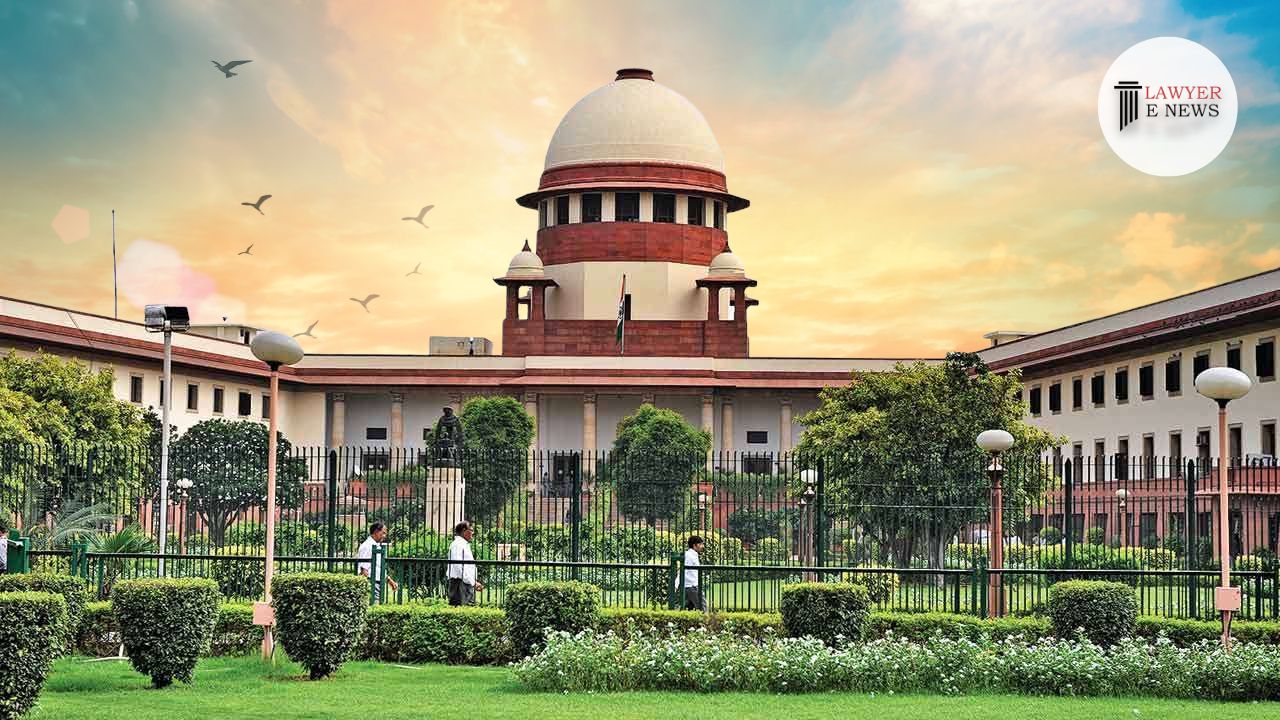-
by Admin
15 February 2026 2:36 AM



The Supreme Court has upheld the High Court's decision to dismiss a suit for specific performance of an agreement to sell land, primarily on the grounds that the initial agreement was not executed by all co-owners and the plaintiff’s non-appearance in court. The case was governed by Section 12 of the Specific Relief Act, 1963, Order 3, Rule 2 of the Civil Procedure Code (CPC), and Section 138 of the Negotiable Instruments Act, 1881.
Rajesh Kumar (appellant) entered into an agreement on September 26, 1995, with Anand Kumar and others (respondents) for the purchase of land. The agreement was executed by respondent no. 4 as the Power of Attorney holder for other respondents. After several extensions and part payments, a sale deed was executed in favor of other respondents during the extended period. Upon discovering this sale, the appellant sued for specific performance. The Trial Court ruled in favor of the appellant, but the High Court reversed this decision, dismissing the suit. The appellant then appealed to the Supreme Court.
The Supreme Court noted that the initial agreement was not signed by all co-owners and did not specify that the signatory (defendant no. 1) was acting as the Power of Attorney holder. The Power of Attorney itself was not produced or proved during the trial. Therefore, the agreement was not binding on all co-owners.
"The High Court rightly held that the agreement is not signed by all the co-owners."
The Court emphasized that the plaintiff's personal appearance in a specific performance suit is crucial to establish readiness and willingness to perform contractual obligations. In this case, the plaintiff did not appear as a witness, and the Power of Attorney holder’s testimony was insufficient.
"A plaintiff cannot examine in his place, his attorney holder who did not have personal knowledge either of the transaction or of his readiness and willingness."
The suit was filed on the last day of the limitation period. The Court highlighted the necessity for prompt action in specific performance suits and viewed the delay unfavorably.
"The suit having been preferred after a long delay, the plaintiff is not entitled for specific performance on this ground also."
Decision: The Supreme Court dismissed the appeal, thereby upholding the High Court's judgment and decree. The suit for specific performance was denied due to the invalid agreement, the plaintiff's failure to appear as a witness, and the delay in filing the suit.
Date of Decision: May 17, 2024
Rajesh Kumar vs. Anand Kumar & Ors.
